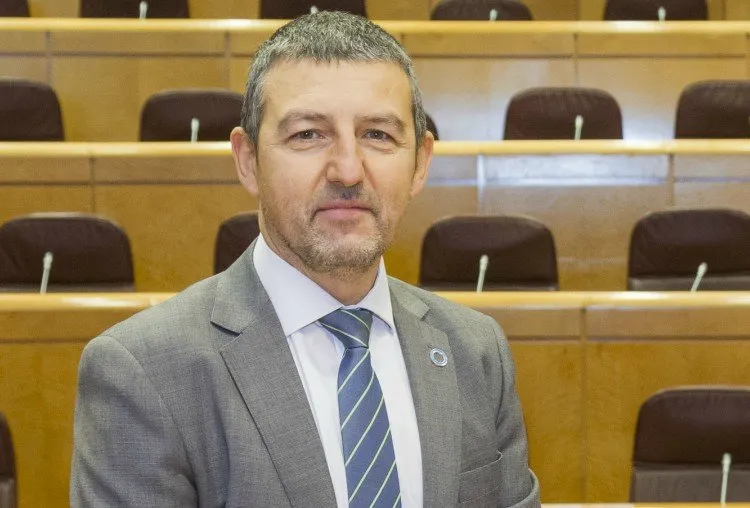Diabetes is a chronic disease that affects "six million people in Spain and yet it is a marginalized, widely unknown and silent pathology," explains Andoni Lorenzo, president of the Spanish Diabetics Federation (Fede) and one ofThe speakers of the meeting that will be held tomorrow, at 6:00 p.m., at the Marcos Valcárcel Cultural Center.
Attendees may deepen the transcendental role played by new technologies for diabetes control.The activity, organized by the Diabetic Auria Association, and emmarked in Diabe+programs, raises a practical approach.Registration is free until capacity is completed.
What do digital tools contribute to diabetics?
Patients earn as life.Specifically, with the Flash system you get a perfect control of their pathology and that they have information about their glycemic situation at all times.
How does this flash monitoring system work?
This technology is indicated for insulin -dependent people, fundamentally diabetics of type 1, which must be made daily.They are sensors to the size of a currency that are applied in the arm and perform glucose measurements continuously, also marking profiles and trends.They have a duration of 14 days and their cost is around 60 euros.
How to get this system to reach patients?
From the Federation we are working intensely to ensure that these technologies, once and for all, are funded by public administrations.Right now, in Galicia, those patients who want to dispose of them should cost them.In the end this creates are social differences that are not receipt.At present, in Spain, there are four communities that have this technology funded by the Ministry of Health, and what we try to achieve is that the administration is mentalized with the issue.
What are the benefits of these technologies?
They focus on two fundamental strategic lines.First, people with type 1 diabetes should make an average of 3,000 punctures a year on the fingers to control their glucose levels.This system allows to reduce the number of capillary controls by 90%.In addition, unlike these punctures that provide punctual fact, at that precise moment, these technologies anticipate what is the tendency of glucose level in the next half hour.
What effects would they have on the health system?
70% of health spending in Spain comes from the complications of chronic pathologies.A well -controlled person with the information facilitated by these technologies will not have complications.As an example, hypoglycemia is a cost of around 2,000 euros to the hospital, hence they suppose a very important savings in the medium term for our health system.Another important fact is the fact that only 50% of patients properly follow the treatment, due to how annoying it may be to have to click on the fingers up to eight times a day.The complications that could be derived from this behavior would be reduced with the use of this technology.
Is there an awareness regarding diabetes?
In Spain, 25,000 diabetes deaths occur per year, which is an average of 70 people a day.For WHO it is a worldwide pandemic.However, I think that the necessary importance is not being given for the effects caused by this disease.


